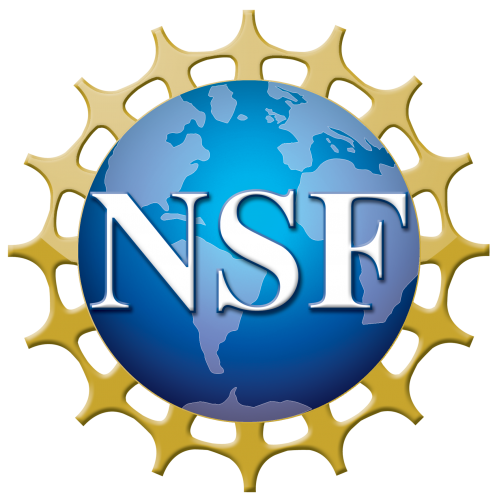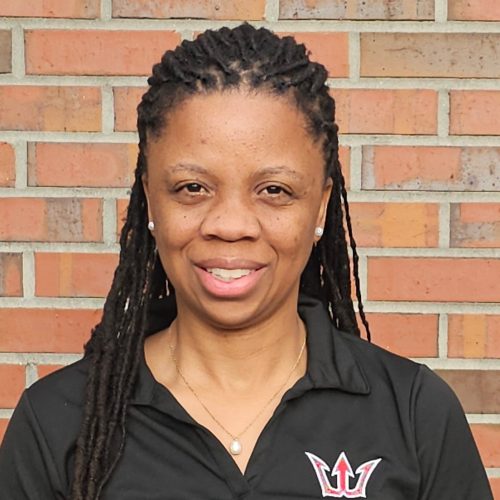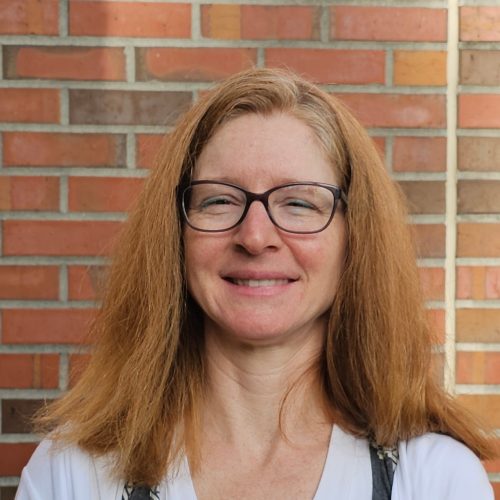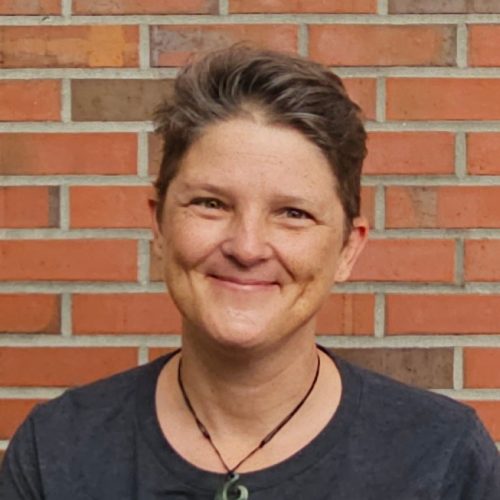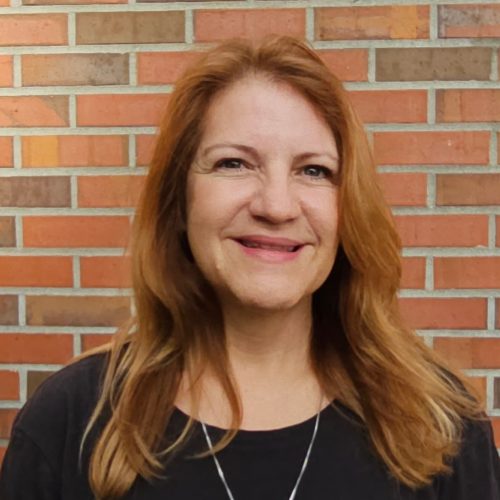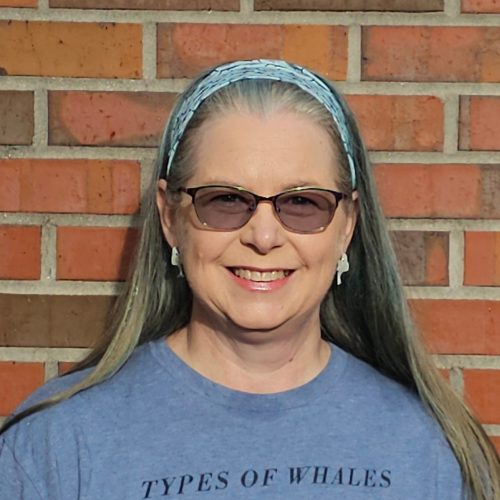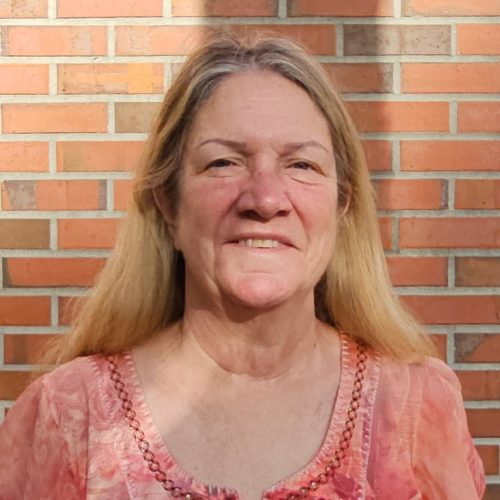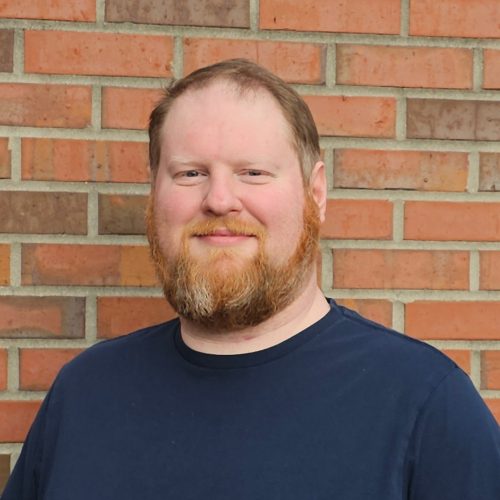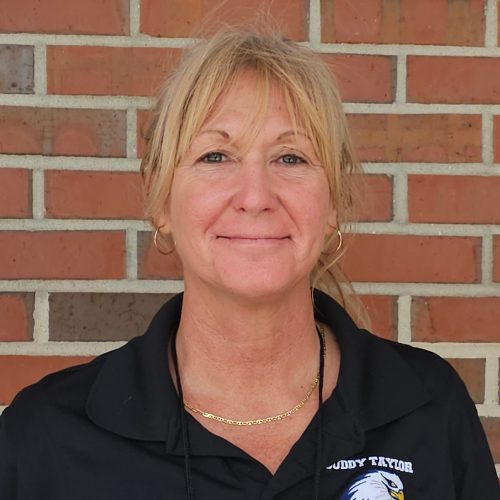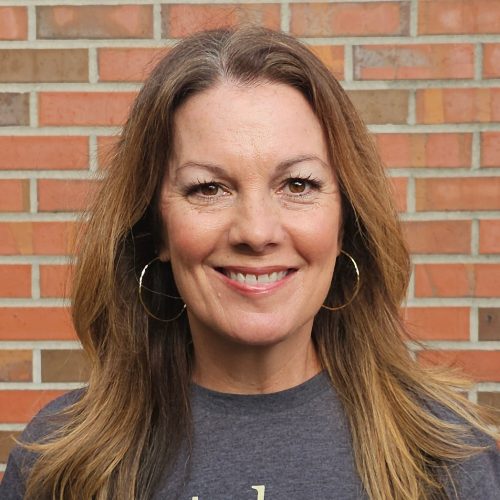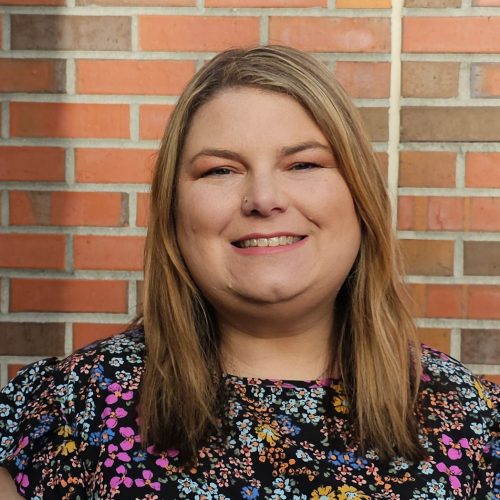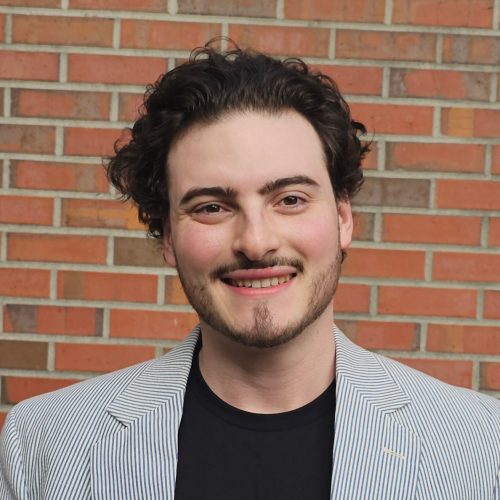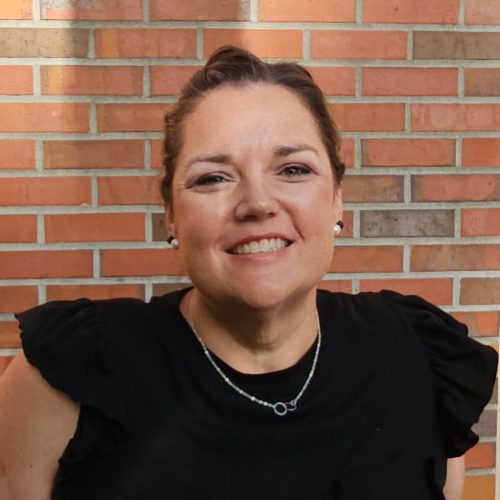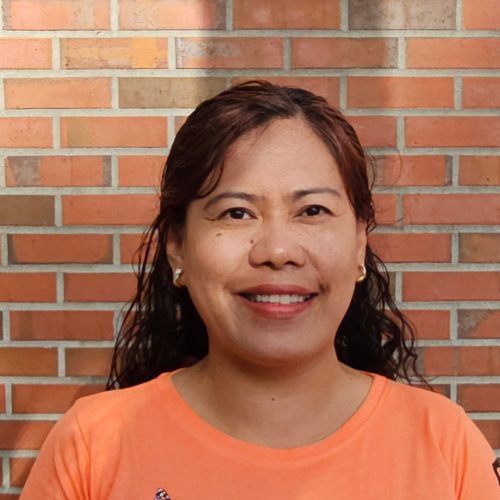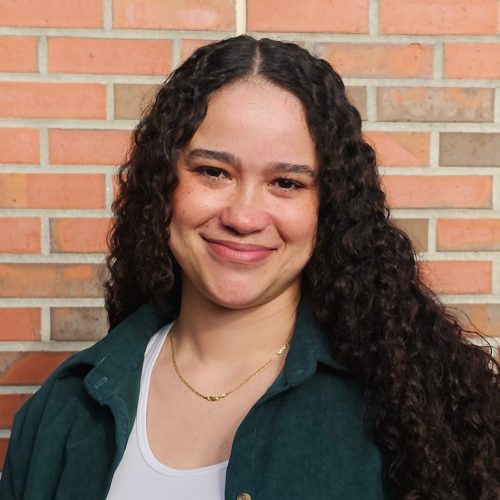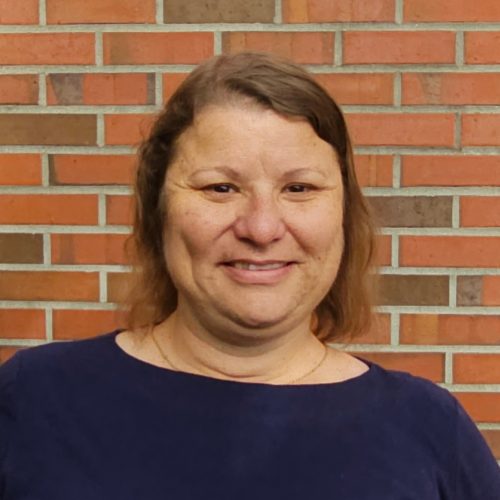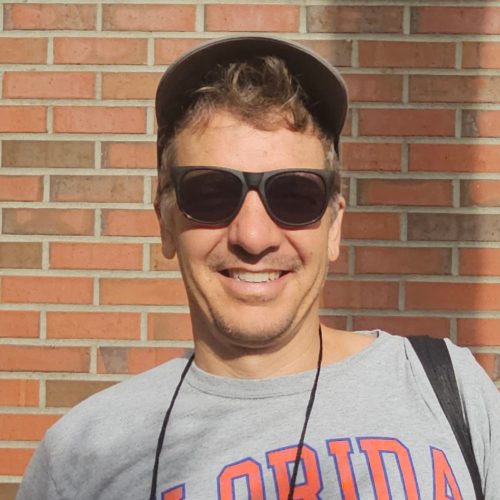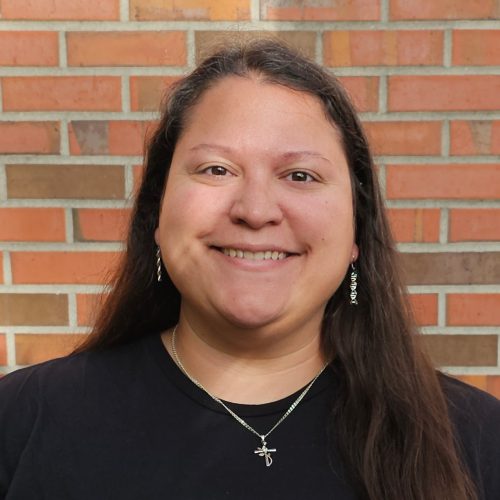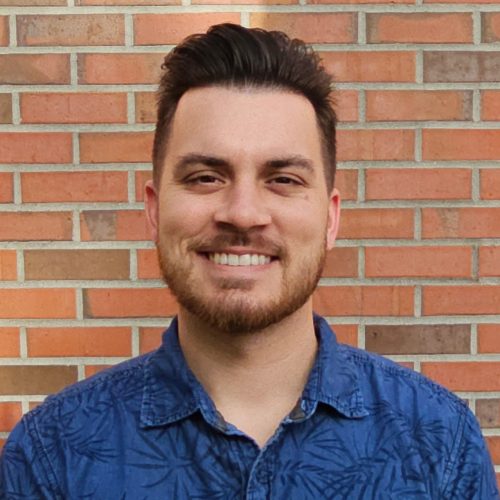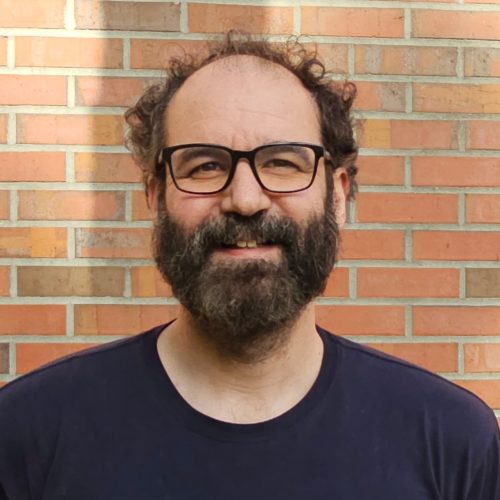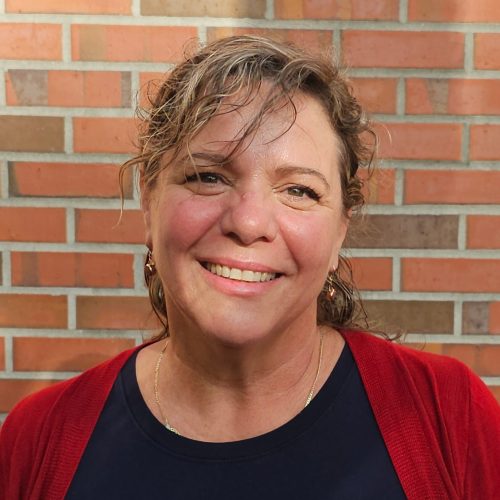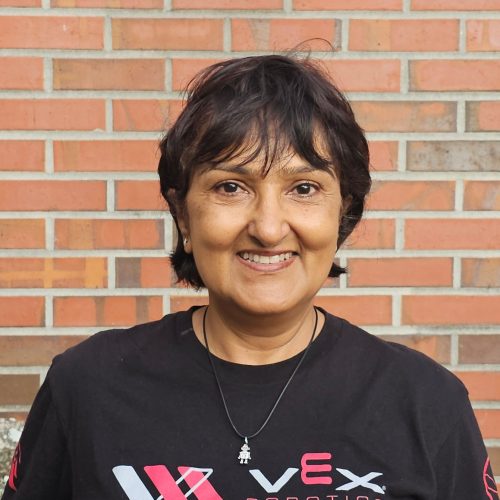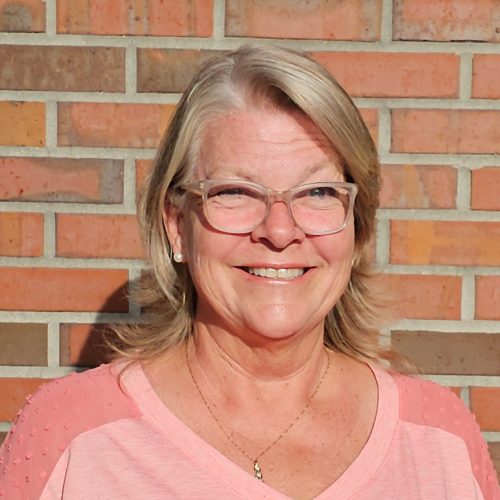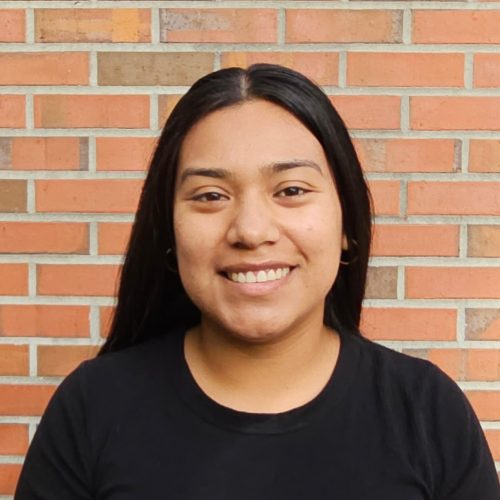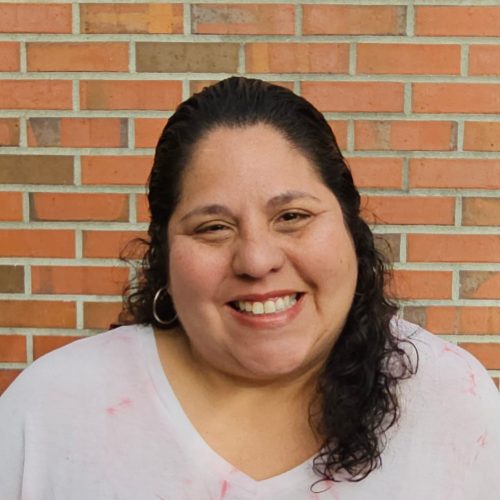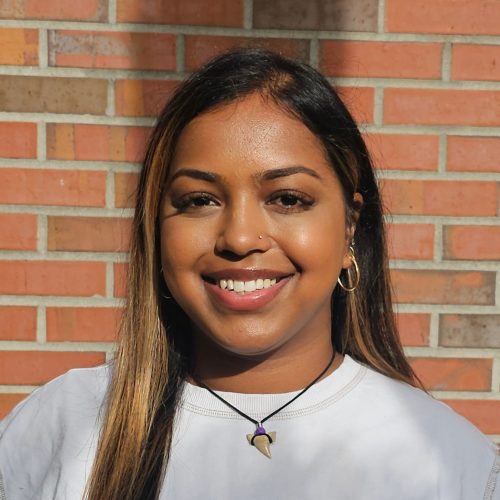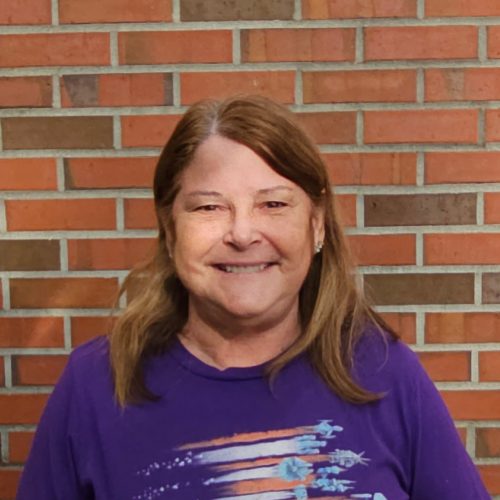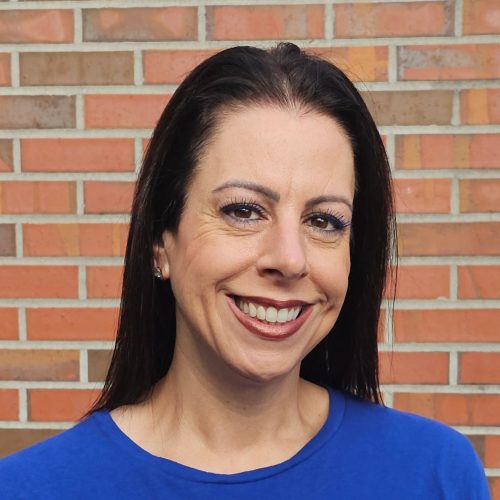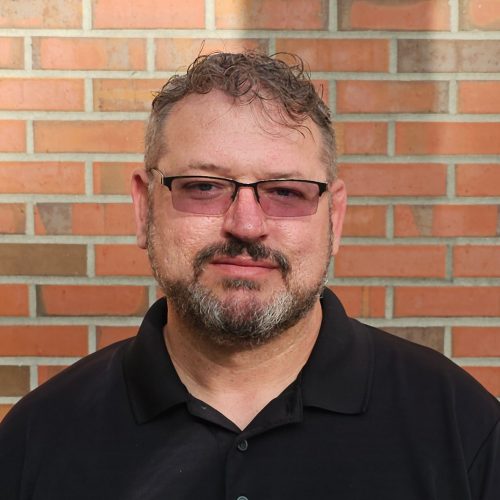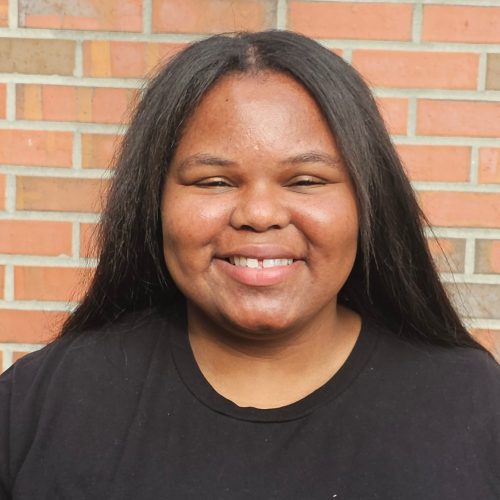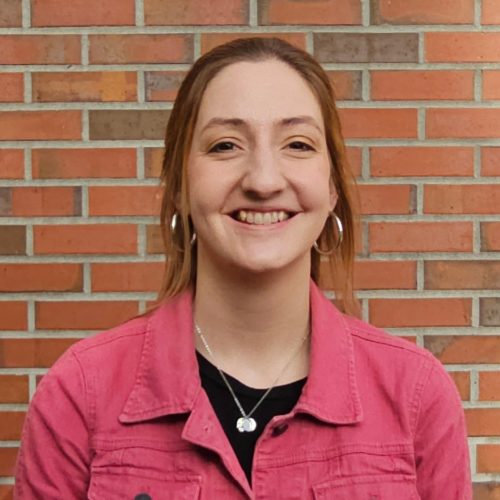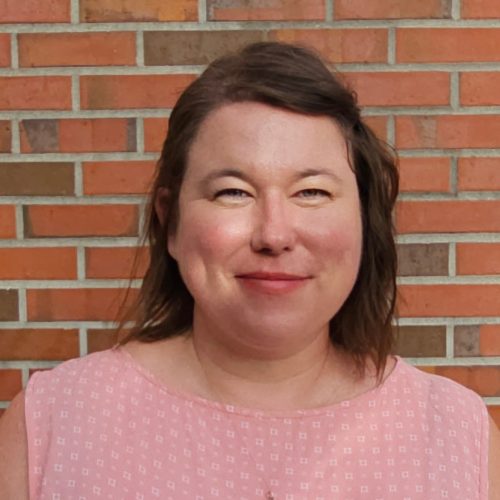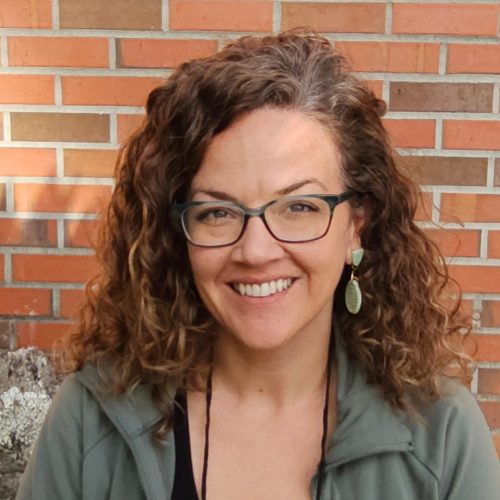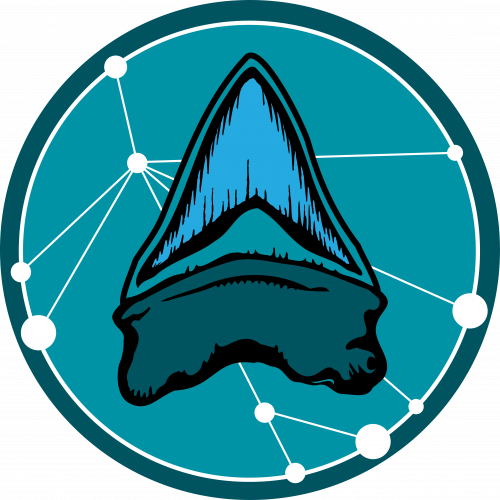 From June 16-21, 31 middle school teachers came together to kick off the final year of the “AI Learning in K-12 with Fossil Sharks” professional development program.
From June 16-21, 31 middle school teachers came together to kick off the final year of the “AI Learning in K-12 with Fossil Sharks” professional development program.
This unique experience bridged the fields of artificial intelligence (AI) and paleontology. Cohort members attended a weeklong professional development workshop. During the workshop, participants learned how to use a branch of AI called “machine learning,” to teach computers how to use shape, color, and texture to identify the species of extinct shark teeth! Teachers left the workshop with lesson plans that are sure to get their students excited and expose them to STEM and computer science topics. Participating teachers will also have the opportunity to work with cohort members and scientists throughout the 2024-2025 school year!
This is the third and final annual cohort funded by a grant from the National Science Foundation to integrate the fields of AI and paleontology. Learn more about this three-year project: Shark AI
2024 – 2025 Cohort
|
|
|
|
|
|
|
|
|
|
|
|
|
|
|
|
|
|
|
|
|
|
|
|
|
|
|
|
|
|
|
|
|
|
|
|
|
|
|
|
|
|
|
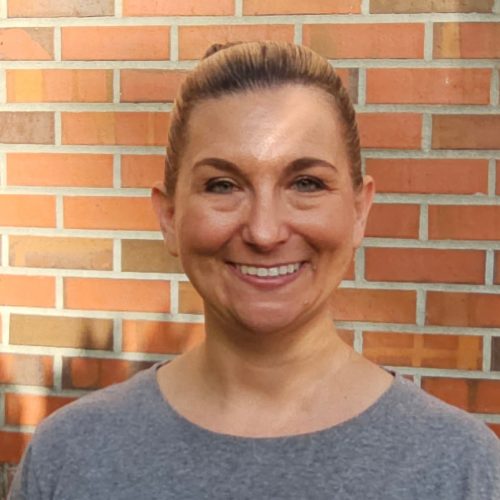 Heather Magill Palm Springs Middle School Palm Beach County
|
Cohort III Learning Goals and Benefits:
- Hands-on participation in the development of customizable, standards-based lesson plans and interactive machine-learning models that will be available on the project’s website for any teacher to access for free.
- Learning standards covered include:
- SC.6.L.15.1: Organisms classified with shared characteristics (i.e. Linnaean system)
- SC.8.N.1.5: Methods used to develop scientific explanation
- SC.6.N.1.3: Experiment and other types of scientific investigation, benefits, and limitations of each
- SC.7.L.15.1: Fossil evidence & theory of evolution
- SC.68.CS-CP.1.2: Use of data collection technology, view, organize, analyze, and report results.
- SC.7.N.3.2: Identify the benefits and limitations of the use of scientific models.
- Learning standards covered include:
- A chance to network with university researchers and like-minded teachers across the state.
- A stipend ($3,200 or $4,000 depending on lodging needs) for successful completion of the program components. Stipends will be paid in two installments, one after the workshop and one after the completion of the yearlong program.
- Ability to expose students to computer science and paleontology skill sets and career paths.
Cohort III Launch Workshop Components
- Introduction to paleontology as a multidisciplinary science for teaching integrated STEM+C and AI in K-12 education
- Introduction to hands-on activities with AI technologies for building, testing, and using machine learning models for scientific purposes.
- The pedagogical benefits of socio-scientific reasoning and problem-based learning in integrated STEM+C education
- Brainstorming and planning for lesson and activity ideas
Cohort III/PD Expectations
- Attend the entire workshop launch and other required cohort sessions thereafter.
- Successfully complete and implement in your classroom a lesson of your own that was developed during the workshop during the 2024-2025 school year.
- Implement multiple lessons developed during the PD and other related cohort activities.
- Complete regular check-ins with the project team and cohort after the workshop has concluded throughout the year.
- Schedule a visit with a scientist to your classroom via the Scientist in Every Florida School Program during the 2024-2025 school year.
- Participate in and complete any evaluations, assessments, and surveys required as part of the program.
Instructors
- Bruce MacFadden, TESI Director and Distinguished Professor, Florida Museum of Natural History
- Pasha Antonenko, Associate Professor, School of Teaching and Learning, UF College of Education
- Jeremy Waisome, Instructional Assistant Professor, UF Herbert Wertheim College of Engineering
- Victor Perez, Assistant Curator of Paleontology, Calvert Marine Museum
- Stephanie Killingsworth, K-12 Education and Outreach Coordinator, Scientist in Every Florida School
- Brian Abramowitz, K-12 Education and Outreach Coordinator, Scientist in Every Florida School
Support Staff
- Sadie Mills, TESI Program Coordinator
- Alise Cross, TESI Education and Communications Assistant
Funding Sources
